
 By: Erin Gibbons, Ph.D.
By: Erin Gibbons, Ph.D.
Pediatric Neuropsychologist, NESCA
The short answer to this question is YES. As a neuropsychologist, I enjoy evaluating students who have complex profiles, including intellectual/developmental disabilities, genetic conditions, and medical complexities. In many cases, these students have been deemed “untestable” and have never had a comprehensive evaluation.
This is problematic for two major reasons.
- First, we cannot understand a student’s potential if we have no data or assessments available. Following from this, it is very hard to develop realistic and measurable goals without using the student’s innate potential to guide those goals.
- Second, lack of testing causes practical and logistical problems later in the student’s life. As a child approaches adulthood at 18, it is necessary to have documentation of their cognitive and adaptive skills as well as diagnoses in order to seek adult services. More specifically, the Department of Developmental Services (DDS) requires documentation of intellectual disabilities prior to age 18.
Having assessed thousands of children and adolescents over the years, I’ve learned that I can ALWAYS gather important information from a neuropsychological evaluation. I have evaluated students who are nonverbal, students with severe intellectual disabilities, students with limited to no motor abilities, students with vision and hearing impairments, students with severely challenging behaviors…. In every case, a neuropsychological evaluation has been meaningful and useful in terms of A) understanding the student’s capabilities, and B) developing educational and treatment goals.
It is important to understand that a neuropsychological evaluation with a more developmentally complex student will look different than an evaluation with a neurotypical student. There are standardized tests that I will not be able to administer based on the student’s language skills, motor abilities, and academic knowledge. Some students can only tolerate 20 or 30 minutes of testing at a time, so the evaluation is broken into 9 or 10 sessions. Some students provide their responses using a communication device. Some students need to be supported by a behavior therapist to help them maintain a safe body.
In some cases, students cannot engage in any standardized tests due to multiple disabilities. However, I still have them come into my office at least once so that I can meet them in person and gather information about their communication skills, social interest, and activity levels. I will then spend time observing the student at their educational program, interviewing school-based staff, and gathering information from the student’s caregivers about their skills at home. With all of these data points, I can then provide a thorough set of recommendations for school-, community-, and home-based goals – even though I might not have “valid” standard scores.
For all of the families who think that a neuropsychological evaluation cannot be done with their child for one reason or another, I urge you to reconsider your perception of the purpose of an evaluation. In these cases, the emphasis of the evaluation is not on test scores, but on developing a better understanding of the student’s strengths and weaknesses. More importantly, the evaluation should be used as a reference to guide treatment goals to help the student achieve the highest level of independence of which they are capable based on their potential.
About the Author
 Erin Gibbons, Ph.D. is a pediatric neuropsychologist with expertise in neurodevelopmental and neuropsychological assessment of infants,
Erin Gibbons, Ph.D. is a pediatric neuropsychologist with expertise in neurodevelopmental and neuropsychological assessment of infants,
children, and adolescents presenting with developmental disabilities including autism spectrum disorders, Down syndrome, intellectual disabilities, learning disabilities, and attention deficit disorders. She has a particular interest in assessing students with complex medical histories and/or neurological impairments, including those who are cognitively delayed, nonverbal, or physically disabled. Dr. Gibbons joined NESCA in 2011 after completing a two-year post-doctoral fellowship in the Developmental Medicine Center at Boston Children’s Hospital. She particularly enjoys working with young children, especially those who are transitioning from Early Intervention into preschool. Having been trained in administration of the Autism Diagnostic Observation Schedule (ADOS), Dr. Gibbons has experience diagnosing autism spectrum disorders in children aged 12 months and above.
If you are interested in booking an appointment for the ASD Diagnostic Clinic or an evaluation with a NESCA neuropsychologist/clinician, please fill out and submit our online intake form.
Neuropsychology & Education Services for Children & Adolescents (NESCA) is a pediatric neuropsychology practice and integrative treatment center with offices in Newton and Plainville, Massachusetts, and Londonderry, New Hampshire, serving clients from preschool through young adulthood and their families. For more information, please email info@nesca-newton.com or call 617-658-9800.




 and academia for over 30 years. She is a national consultant and speaker on program design and the inclusion of children and adolescents with special needs, especially those diagnosed with Autism Spectrum Disorder (ASD). Prior to joining NESCA, Ms. Lucci was the Principal of the Partners Program/EDCO Collaborative and previously the Program Director and Director of Consultation at MGH/Aspire for 13 years, where she built child, teen and young adult programs and established the 3-Ss (self-awareness, social competency and stress management) as the programming backbone. She also served as director of the Autism Support Center. Ms. Lucci was previously an elementary classroom teacher, special educator, researcher, school psychologist, college professor and director of public schools, a private special education school and an education collaborative.
and academia for over 30 years. She is a national consultant and speaker on program design and the inclusion of children and adolescents with special needs, especially those diagnosed with Autism Spectrum Disorder (ASD). Prior to joining NESCA, Ms. Lucci was the Principal of the Partners Program/EDCO Collaborative and previously the Program Director and Director of Consultation at MGH/Aspire for 13 years, where she built child, teen and young adult programs and established the 3-Ss (self-awareness, social competency and stress management) as the programming backbone. She also served as director of the Autism Support Center. Ms. Lucci was previously an elementary classroom teacher, special educator, researcher, school psychologist, college professor and director of public schools, a private special education school and an education collaborative.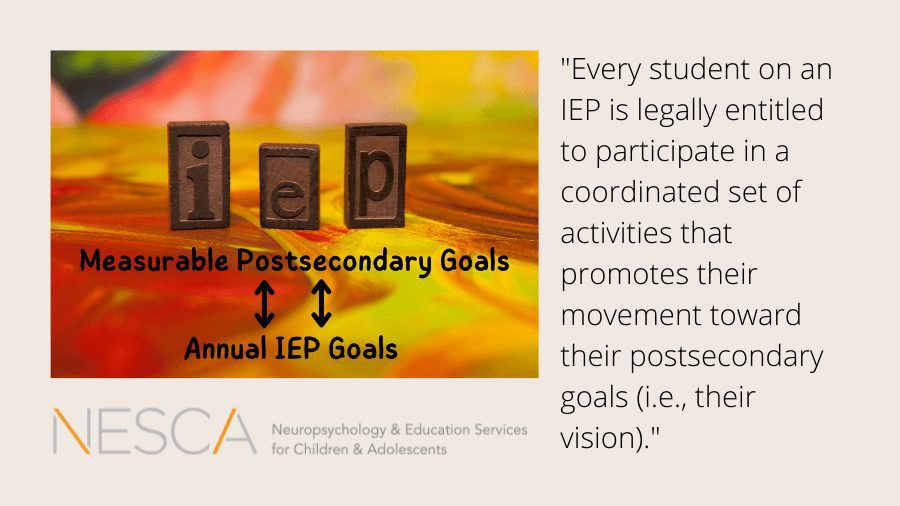


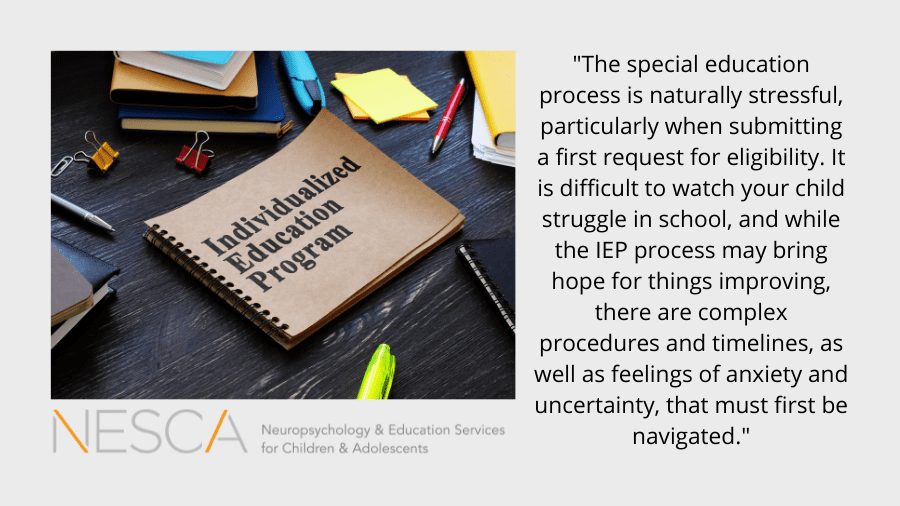
 Londonderry, NH office. She specializes in the evaluation of anxious children and teens, working to tease apart the various factors lending to their stress, such as underlying learning, attentional, or emotional challenges. She particularly enjoys working with the seemingly “unmotivated” child, as well as children who have “flown under the radar” for years due to their desire to succeed.
Londonderry, NH office. She specializes in the evaluation of anxious children and teens, working to tease apart the various factors lending to their stress, such as underlying learning, attentional, or emotional challenges. She particularly enjoys working with the seemingly “unmotivated” child, as well as children who have “flown under the radar” for years due to their desire to succeed.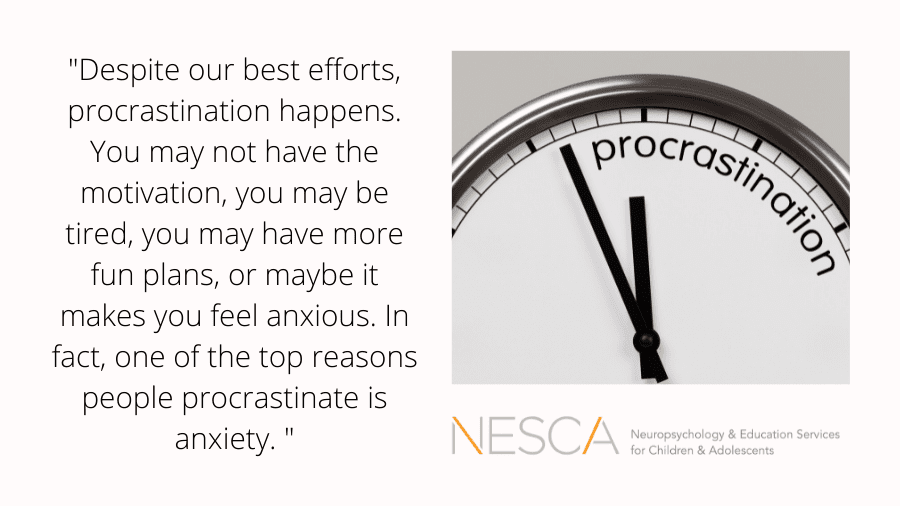
 meaningful skills in order to reach their goals. She has spent the majority of her career working in a private school for students with ASD. She has also spent some time working in an inpatient mental health setting. Lyndsay uses occupation-based interventions and strategies to develop life skills, executive functioning, and emotional regulation. While completely her doctoral degree at MGH Institute of Health Professions, Lyndsay worked with the Boston Center for Independent Living to evaluate transition age services. She uses the results from her research to deliver services in a way that is most beneficial for clients. Specifically, she focuses on hands-on, occupation-based learning that is tailored the client’s goals and interests.
meaningful skills in order to reach their goals. She has spent the majority of her career working in a private school for students with ASD. She has also spent some time working in an inpatient mental health setting. Lyndsay uses occupation-based interventions and strategies to develop life skills, executive functioning, and emotional regulation. While completely her doctoral degree at MGH Institute of Health Professions, Lyndsay worked with the Boston Center for Independent Living to evaluate transition age services. She uses the results from her research to deliver services in a way that is most beneficial for clients. Specifically, she focuses on hands-on, occupation-based learning that is tailored the client’s goals and interests.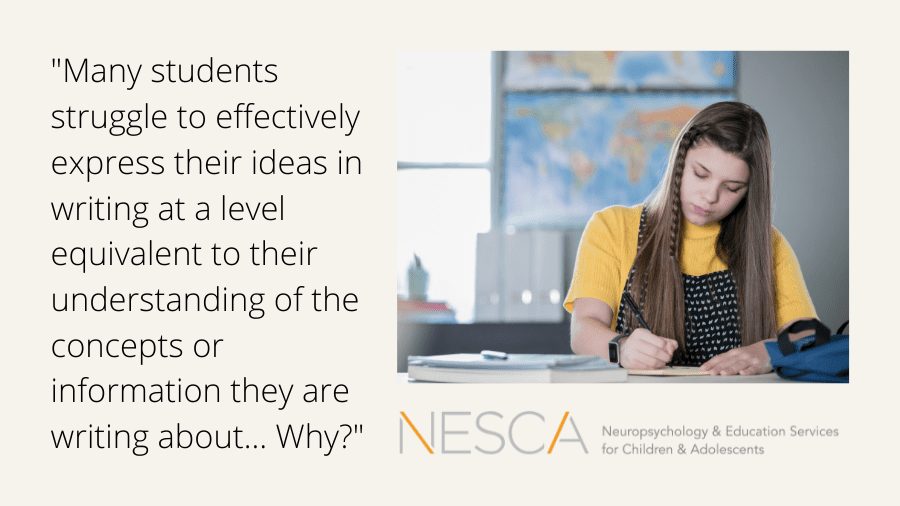

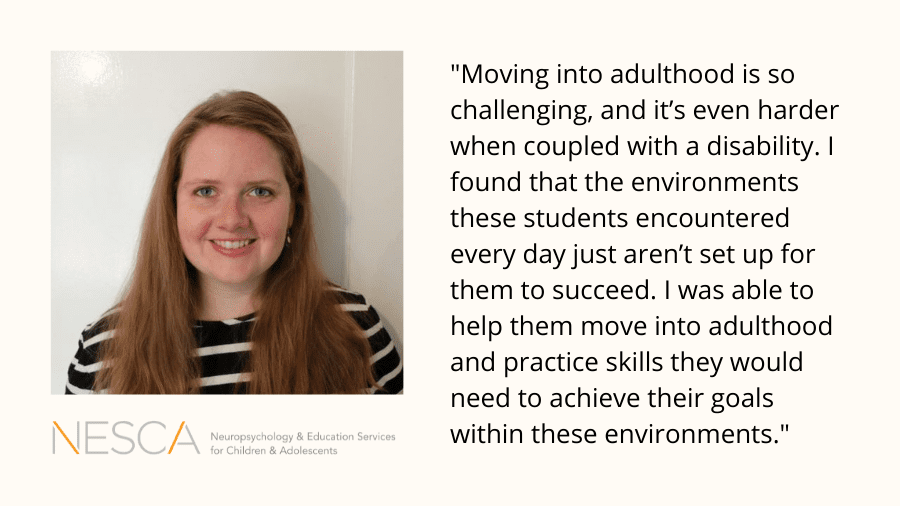

 complex, inter-related needs, with a particular emphasis on identifying co-occurring neurodevelopmental and psychiatric challenges. She specializes in the evaluation of developmental disabilities including autism spectrum disorder and social-emotional difficulties stemming from mood, anxiety, attachment and trauma-related diagnoses. She often assesses children who have “unique learning styles” that can underlie deficits in problem-solving, emotion regulation, social skills and self-esteem.
complex, inter-related needs, with a particular emphasis on identifying co-occurring neurodevelopmental and psychiatric challenges. She specializes in the evaluation of developmental disabilities including autism spectrum disorder and social-emotional difficulties stemming from mood, anxiety, attachment and trauma-related diagnoses. She often assesses children who have “unique learning styles” that can underlie deficits in problem-solving, emotion regulation, social skills and self-esteem.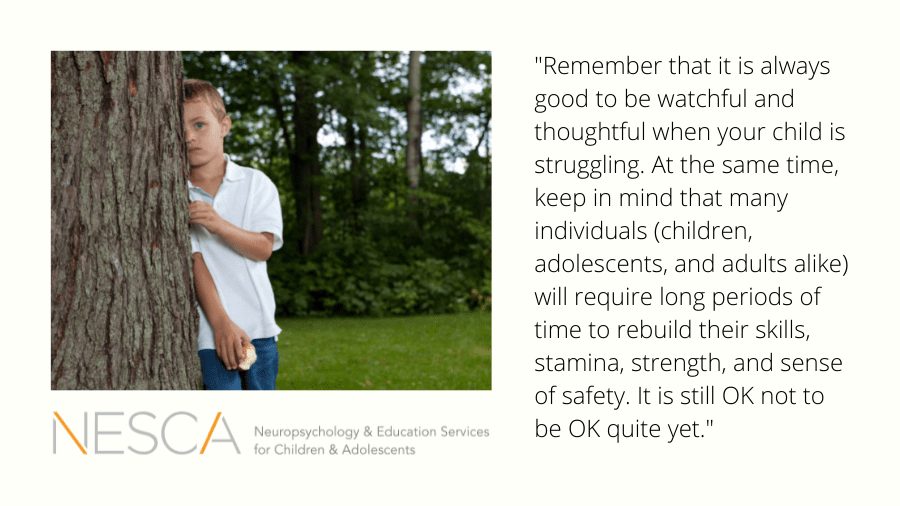
 delays, learning disabilities, attention difficulties and executive functioning challenges. She often works with children whose complex profiles are not easily captured by a single label or diagnosis. She particularly enjoys working with young children and helping parents through their “first touch” with mental health care or developmental concerns.
delays, learning disabilities, attention difficulties and executive functioning challenges. She often works with children whose complex profiles are not easily captured by a single label or diagnosis. She particularly enjoys working with young children and helping parents through their “first touch” with mental health care or developmental concerns.
 attention deficit disorders, communication disorders, intellectual disabilities, and learning disabilities. She particularly enjoys working with children and their families who have concerns regarding an autism spectrum disorder. Dr. Milana has received specialized training on the administration of the Autism Diagnostic Observation Schedule (ADOS).
attention deficit disorders, communication disorders, intellectual disabilities, and learning disabilities. She particularly enjoys working with children and their families who have concerns regarding an autism spectrum disorder. Dr. Milana has received specialized training on the administration of the Autism Diagnostic Observation Schedule (ADOS).
Connect with Us